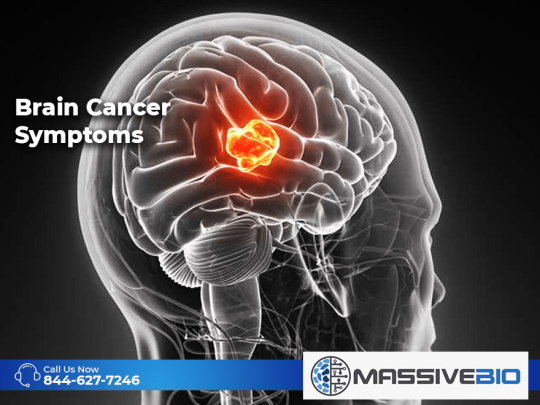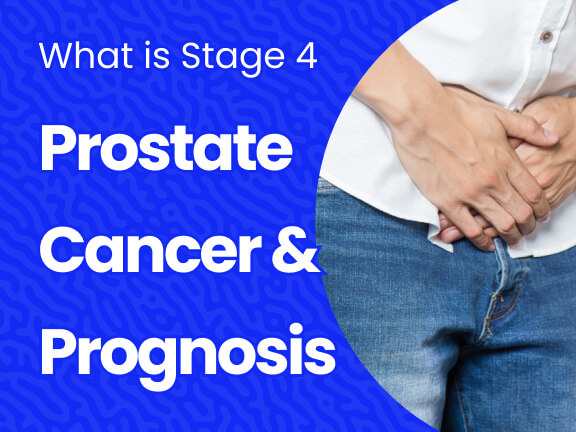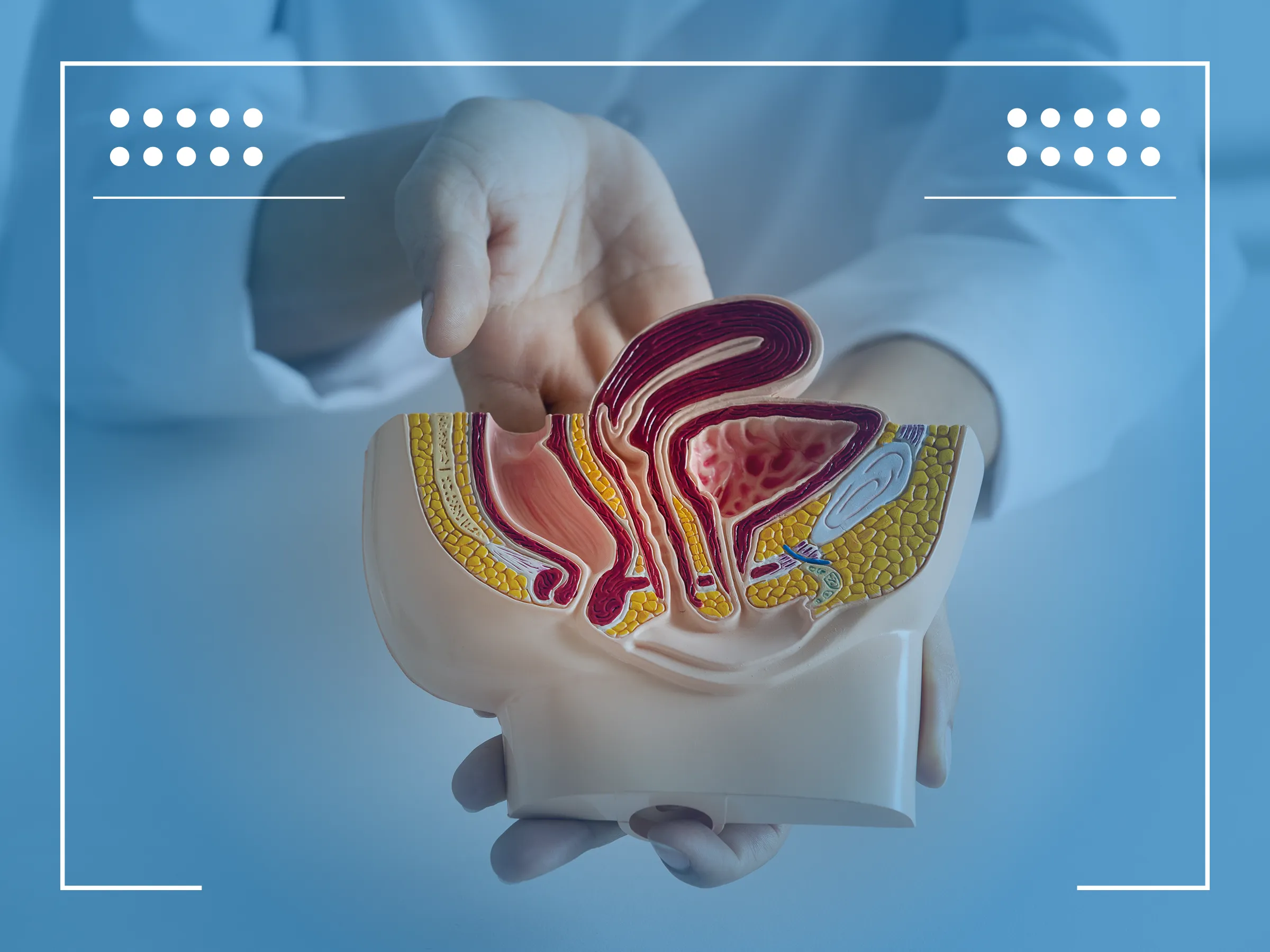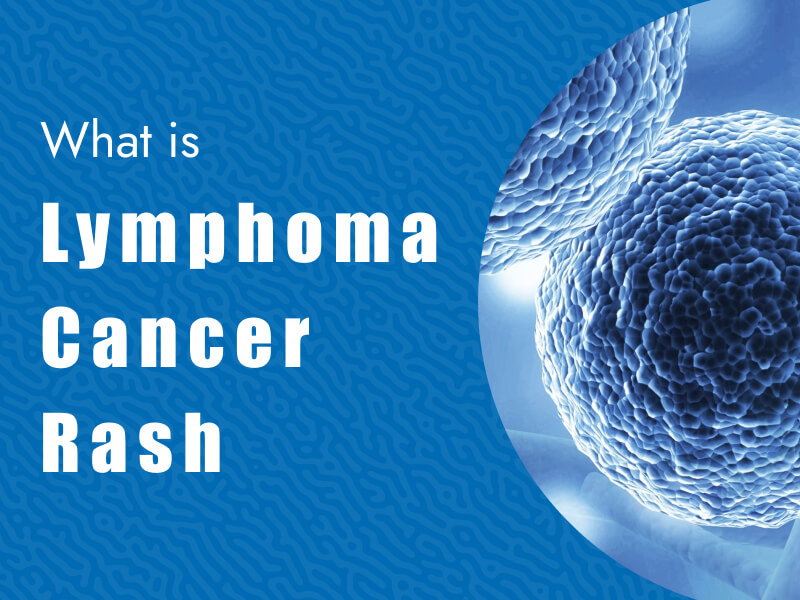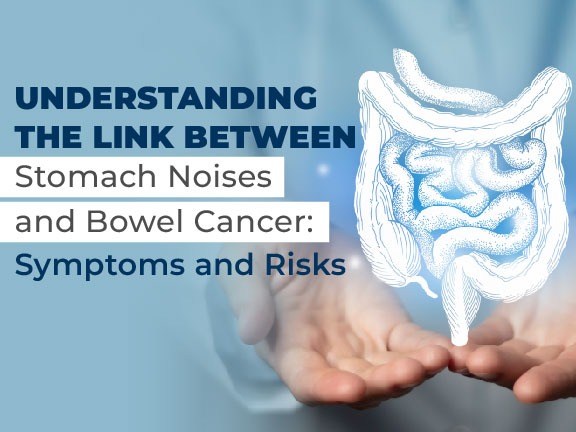There are many factors that should be taken into account when observing brain cancer symptoms. The first thing to know about brain cancer, also known as a brain tumor, is that not every brain tumor is cancerous or malignant.
What are the Symptoms of Brain Cancer?
Not all types of brain tumors are cancerous. These tumors are divided into two groups as benign or malignant.
1. Benign Brain Tumors
Brain tumors, which are identified as benign, are usually removed surgically and rarely recur. General characteristics of these types of tumors include:
- The borders and edges can be clearly observed.
- They generally do not spread to the healthy tissues around them and do not spread to other parts of the body. However, this does not mean that benign tumors are completely harmless. Benign tumors can sometimes put pressure on sensitive areas of the brain, causing serious health problems.
- Unlike benign tumors in other parts of the body, benign tumors in the brain can cause life-threatening situations due to the sensitive structure of this organ.
- Although rarely observed, benign brain tumors can turn into malignant tumors over time.
2. Malignant Brain Tumors
As the name suggests, malignant brain tumors are more dangerous than benign tumors. General characteristics of this type of brain tumor are as follows:
- Can create life-threatening complications.
- Grow rapidly and tend to spread to the healthy tissues around them.
- In rare cases, the cancer cells contained in these tumors can separate from the brain tumor and spread to other parts of the brain, spinal cord, and even metastasize to other parts of the body.
What are the Symptoms of Brain Cancer?
Brain cancer symptoms vary depending on the tumor’s diameter, type and location. Symptoms seen in this disease occur when the tumor presses the nerve endings, damages the brain, or grows and causes fluid to accumulate in the skull. The most common symptoms of brain cancer can be listed as follows:
- Headaches that worsen, especially in the morning
- Nausea and/or vomiting
- Observed change in the patient’s ability to speak, see or hear
- Balance problems while standing or walking
- Extreme change in the patient’s personality, mood, or ability to concentrate
- Memory problems
- Twitching, spasm, or seizures observed in the muscles
- Pressure near tumor site or inability to look upward
These symptoms do not always confirm a brain tumor diagnosis. Of course, these symptoms may occur due to another health problem. It is vital for people with these symptoms to see a specialist doctor without delay to increase the likelihood of an early diagnosis and successful treatment.



